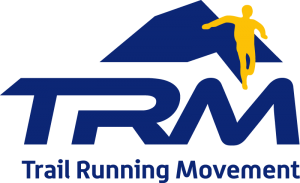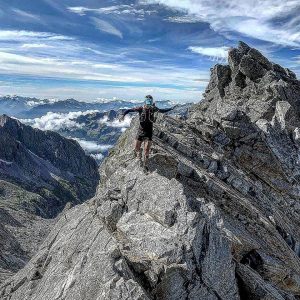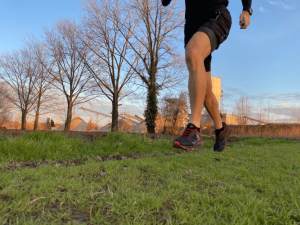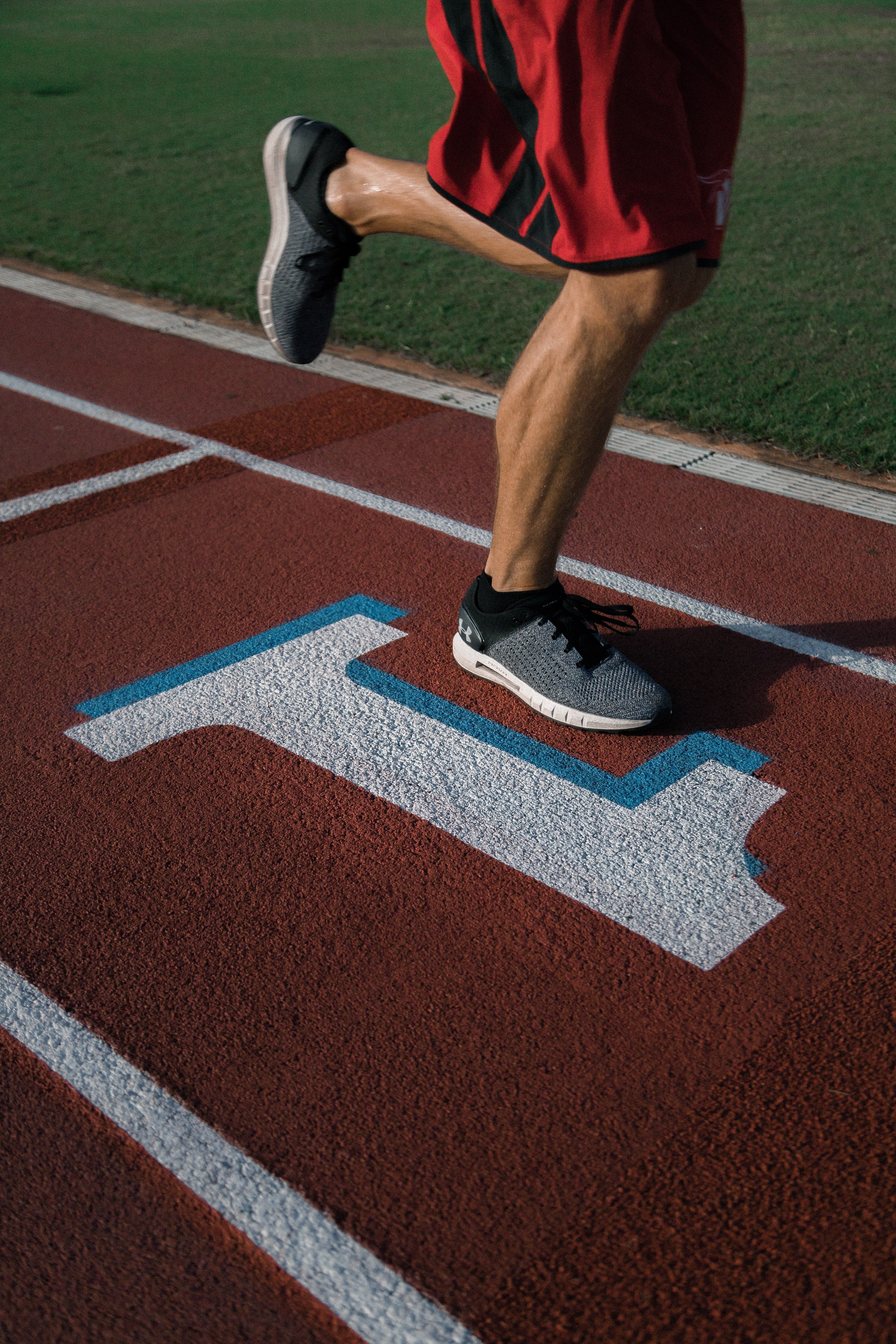
WHY A TRAIL RUNNING COACH COULD HELP YOU?
Have you ever asked yourself why it is advisable to rely on a professional trail running coach who “prescribes” a correct training table for you? It is no coincidence that we used the word “prescribe” because the certified professional coach, in some ways, is comparable to a doctor. Would you get a medical prescription from the grocery store? If the answer is no, why should you rely on unqualified people without experience of demonstrable sporting successes?
Trail running is a challenging sport that should not be underestimated. A good trail running coach should avoid developing standardized training plans, already available in magazines or on the internet (here is an example of our Standard Trail Running Tables). The coach should offer added value not obtainable through standard trail running plans. For example, by asking the athlete to perform several test to evaluate training effect (some can be found here: Athletic Assessments), discussing race results, recommending the best sports products, suggesting correct planning and race strategy. It doesn’t matter if the athlete is a beginner or a professional, each trail running training plan must consider many personal parameters and be developed to progressively improve performance both in training and racing.
Training is a serious matter and the coach must be equally serious.
Here is the list of the 5 main reasons why you should rely on a professional coach:
- The principles of the training load. There are 7 rules that are the basis of any type of training, they are like the Commandments of Moses. A good coach correctly distributes the workloads that must be substantially effective. The workload must be individualized and gradually increased. You can’t go from 0Km to 100Km in a month or two. The load must be administered with the correct development of training sessions. Have you ever wondered why you should never run the same session in two days? The load cannot be constant, it is also necessary to correctly alternate higher loads to lower loads and rest periods.
- Periodization. A professional coach will start working with you asking several questions, including: What is your goal? What are you training for? What do you want to achieve and how much time? Once the goal has been clarified and shared, your plan will be developed by dividing it into macrocycles, mesocycles and weeks. The periodization is important to training effectively, but also to periodically assess the athlete’s progress.
- Theory and practice. True, it is not said that a good coach must have practiced the same discipline but the practice will support the theoretical concepts learned during the studies; the important thing is that it should not be the opposite. A good coach keeps himself constantly updated. Certainly, the experience gained on the field with dozens of athletes trained and brought to the podium offers inimitable know-how that clearly distinguishes a good coach.
- Injury prevention. Be wary of coaches who only talk about training without ever remembering you that injury risk is just around the corner. The coach who suggests you not to do a workout or to race does it because he is more aware of you of your injury risk at that moment. Do you need or want to make a change to your training plan? Consider that the training plan is a complex and articulated mosaic … if you modify a piece you risk to blow up the entire work. You don’t want to compromise the entire racing season, do you? So if you need to make changes to your training schedule, ask for support.
- Holistic approach. A good coach does not have to be isolated like an island in the middle of the sea. Look for a professional able to deal continuously with nutritionists, physiotherapists, doctors and sporting goods producers and who is able to interact with the athletes in all areas that impact directly or indirectly with training and performance. Every great performance is also related with teamwork and a 360 ° vision.
Finally, if and when you decide to rely on a certified coach meticulously check these 5 aspects:
- Which certifications does he have?
- Which sports did he practice and how much direct experience does he have in the trail running discipline?
- How many years of experience does he count in training athletes?
- How many beginner and professional athletes has he trained and with what concrete and demonstrable results?
- What kind of training protocol does he uses and with which professional specialists does he works and interacts regularly?
Ask many questions about his “long” professional history. What really matters is that he continues to train many successful athletes and that these athletes, beginners or experts, are improving their performance.
The TRM coaching team is always available to help you to assess your potential. Would you like to learn more about TRM Team? Find it out here: About Us
Are you a beginner, but want to progress quickly without risking injury? Are you an athlete with a dream or a very challenging goal race for next year? Are you a professional athlete who cannot progress further?
Fill out the TRM Potential Athlete Analysis and receive a feedback, it’s free until the 24th December 2019! Just here: Athletic Potential Assessment
We are happy to help you overcome your limits. Live your dreams!
Enjoy your training.
running tables, running training, Trail Running Plans, trail running programs, Trail Running Training



